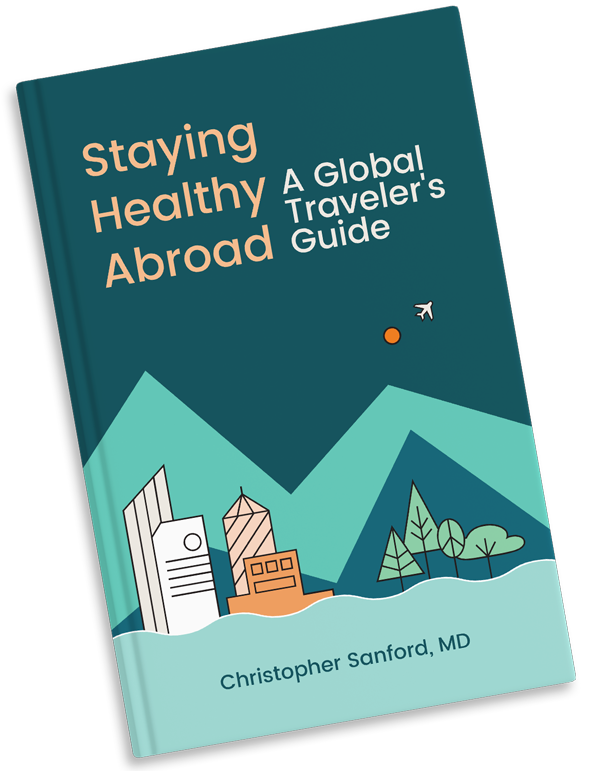The best nutrition for infants is breastmilk. Breastfeeding provides benefits galore to both infants and their mothers.
Infants receive protective antibodies from their mothers’ prior
responses to infections and vaccinations in breast milk, and hence are at lower risk for a wide
variety of infectious diseases. Breastfeeding lowers infants’ risk of asthma, obesity, type I
diabetes, ear infections, and sudden infant death syndrome (SIDS). Additionally, mothers who
breastfeed are at reduced risk of high blood pressure, type II diabetes, and ovarian and breast
cancer.
For travel to middle- and low-income nations, breastfeeding may reduce the risk in
infants of diarrheal illness. During travel by jet, nursing during ascent and descent lowers the risk
of ear pain in the nursing infant.
Does the TSA allow stored breast milk through airport security screening in amounts
over 3.4 oz. (100 ml)? Yes. Breast milk (and formula, and toddler drinks, and baby/toddler food
to include puree pouches) are considered “medically-necessary liquids” and are allowed in carry-
on luggage. Inform the TSA officer at the beginning of the screening process that you are
carrying medically necessary liquids, and remove them from your carry-on bags so that they can
be screened separately.
Freshly expressed milk can be carried in an insulated cooler bag with frozen ice packs for
up to 24 hours. Ice packs, freezer packs, and frozen gel packs being utilized to cool breast milk
or formula are also allowed in carry-on.
TSA offers more specifics here.
References:
CDC: Breastfeeding.

Subscribe to my newsletter and get your FREE taste of Doctor Travel’s Staying Healthy Abroad.
By subscribing you agree to the Terms of Use and Privacy Policy.

Subscribe to my newsletter and get your FREE taste of Doctor Travel’s Staying Healthy Abroad.
By subscribing you agree to the Terms of Use and Privacy Policy.


